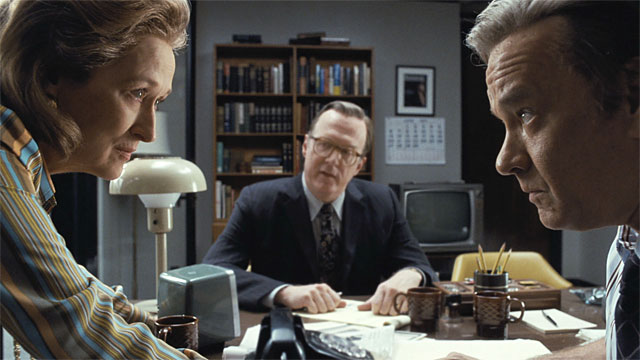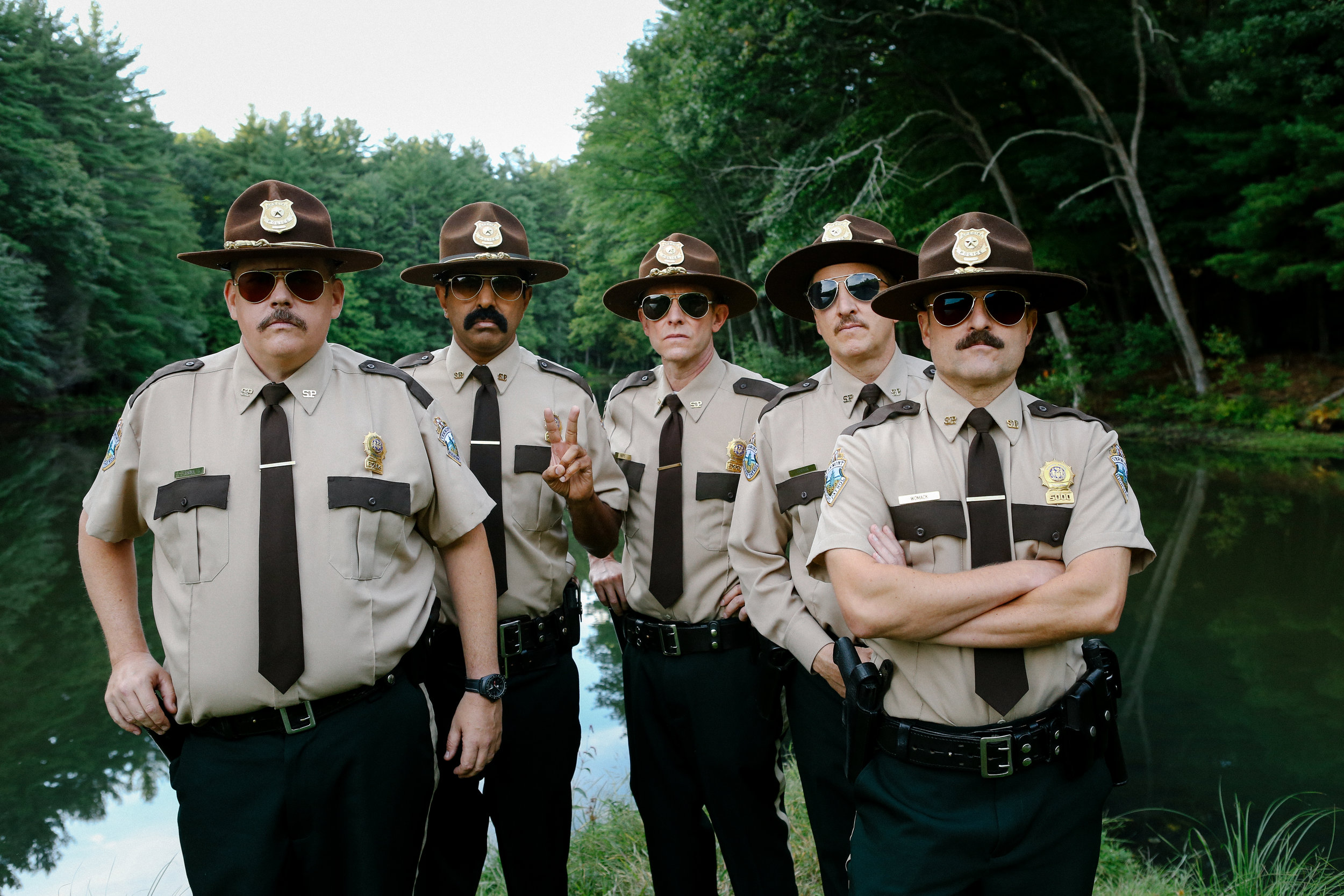'The Post' Shows The Power of The Press

“The Post” shows that the Watergate Scandal and the political media frenzy that catalyzed it may have happened almost five decades ago but its circumstance rings far more relevant today than when it was first occurring.
Courtesy images
Director Steven Spielberg takes his eye to the editorial level of journalism rather than the direct intricacies and grit of the reporter level as these types of movies typically go for, a la “Spotlight” or “All the President’s Men.”
Although the resulting film lacks a bit of the down-to-earth bite that makes movies like those so powerful in nailing home the impact of the story being chased, “The Post” instead thrives on exploring the broader ideological implications of the relationship between press and state that we as a society seem to have taken for granted until we elected a president whose responses to scandal include name calling and berating reporters for doing homework. Differentiating itself from the aforementioned “All the President’s Men,” this is a film less about getting to the bottom of an earth shattering story and more about grappling with all of the ramifications it could bring about, both personal and sociological, should it be published.
Despite coming out in an age knowing of this information’s importance and the downfall of the Nixon administration that it would bring however, Spielberg’s ability to explore the implications of the story and its surrounding circumstances with clearly defined characters shines through even if his tendency to occasionally reach for sentimentality to an admittedly detrimental effect, can bring about an eye rollingly schmaltzy visual of virtues winning out in the face of an apparently monolithic government aiming to stomp down upon the will of the people in the name of pursuing its own agenda.
Between the big wig editors, publishers, and lawyers that comprise the primary cast, all of the actors go above and beyond in their performances to ensure that regardless of the outcome, nobody looks like a straw man. Legends like Meryl Streep and Tom Hanks are naturally as great as ever, capturing appropriate dualities of being emotionally overwhelmed yet unwavering in conviction and fiercely passionate and righteous with an intelligent self awareness towards what can go horribly wrong if the approach isn’t just right, respectively.
All of the other characters rounding out the cast show up to work just as well however, from appalled reactions to the notion of presidential staff procedurally lying and harming the American people, to those in favor of withholding the information out of very real fears of legal prosecution that could destroy their lives as well as the harm that could be caused to the actual publication.
That last point stands particularly poignantly as one of the biggest victories of “The Post” is its ability to remind us exactly why society needs the free press to keep the government of a democracy in check while further elaborating on how difficult that is as a job fundamentally.
Journalism can be a thankless job and if declining newspaper sales in favor of muddy online sources and television news where headlines get buried or stretched beyond usefulness are anything to go by, it’s bleak to think how little may have truly changed between now and the early 1970s.
Whatever the current state of media in our time may be however, “The Post” is nevertheless a nearly perfect specimen of the exact type of historical drama that it wants to be. Narrative hiccups here and there caused by exaggerations of the story notwithstanding, the film is being touted highly for buzz at the Oscars this year and with good reason.
4 out of 5 stars
Graduating from Texas A&M University—Commerce with a bachelor's degree in News and Editorial Journalism, Jordan Wright has lived most of his adult life professionally critiquing films, from major blockbusters to indie dramas, and has no intentions of stopping.








